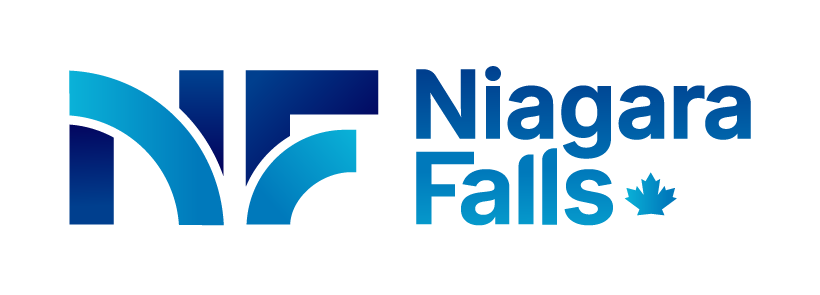Update: Changes to the Municipal Accommodation Tax (MAT) By-law effective June 1, 2025.
Changes to the MAT will be applied based on the star rating of the accommodation property (Hotels, Motels, Bed and Breakfasts, Vacation Rental Units, and Owner Occupied Short Term Rentals) in the following amounts per night:
- Five-star rating: $7
- Four-star rating: $6
- Three-star rating: $5
- Two-star rating: $4
- Unrated properties: $5
To find the star rating of your accommodation property, please email the Accounting Supervisor.
The tiered star rating MAT system
Since its introduction in Niagara Falls, the MAT (Municipal Accommodation Tax) was originally charged at a flat rate of $2 per occupied room. However, there was growing concern that this approach was not equitable, particularly when applied to hotels with varying star ratings and nightly rates. To address these concerns and to align with market trends—while also aiming to increase revenue—the tiered star rating system was introduced. This system maintains the consistency of a fixed rate rather than a percentage-based model, but now adjusts the amount charged based on the star rating of the property. Star ratings are sourced from a major global online travel agency, relying on self-reported data provided by the hoteliers themselves.
Tax rules
- If any guests exceed the 28-day stay (extended stay guests) and there is no formal landlord-tenant relationship, a MAT amount based on the property's star rating must be submitted. These rooms must be included on the Municipal Accommodation Tax Remittance Form in the "Number of Room Nights Sold".
- Consistent with the previous By-Law, the MAT will be identified on the invoice or receipt for the stay
Please email the Accounting Supervisor if you have any questions.
